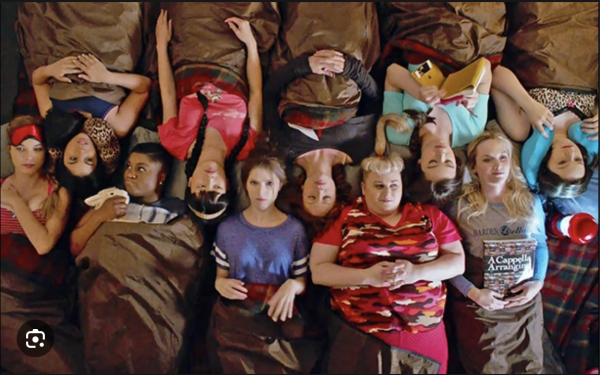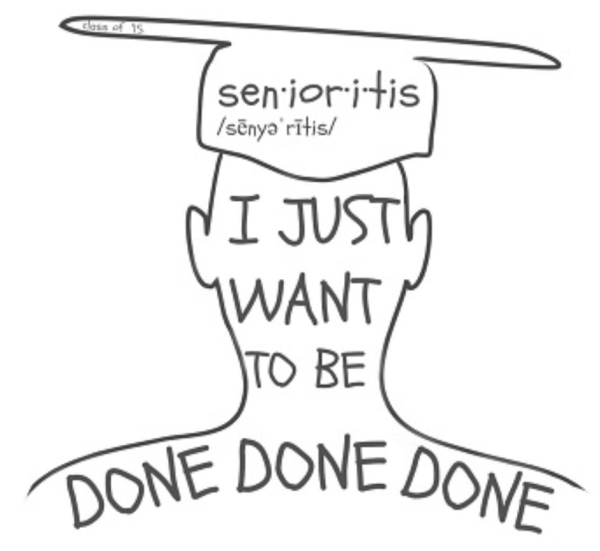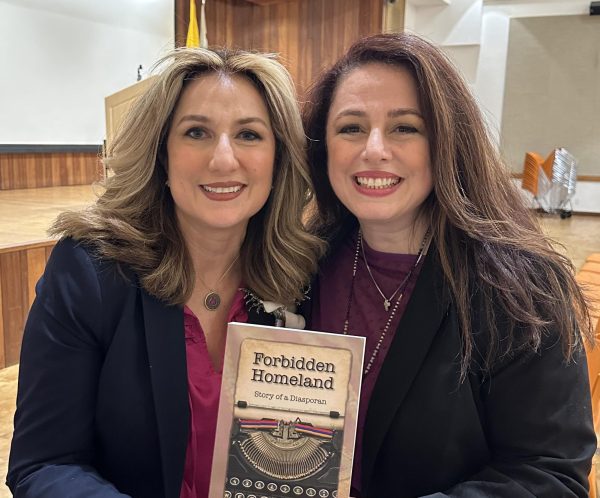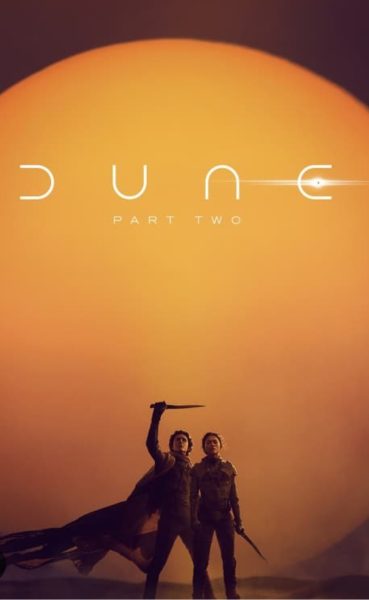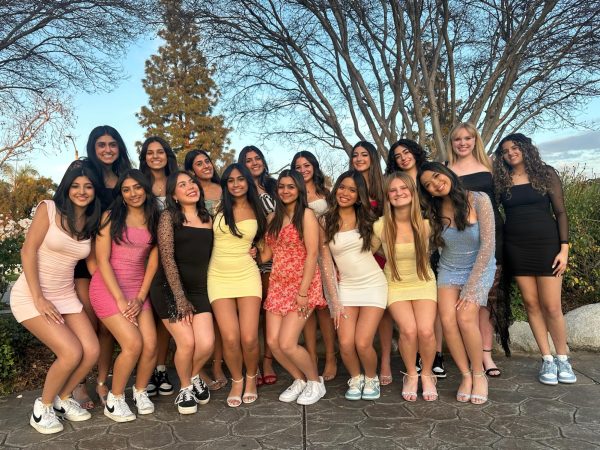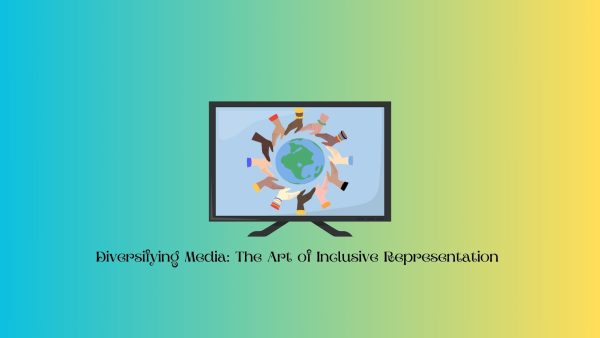The Movement Against Our Books

A collection of books that have been controversial for students to read within the American school system.
March 17, 2022
Books have always been a controversial part of human culture. Books, being a source of almost infinite knowledge, hold the power to teach people anything they may want to know. They link the past, present, and future cultures, with their knowledge of the outside world. With ongoing tensions within society seemingly growing, books have found themselves on clear battlefront ground. The debate is at an all-time high about what content books should be able to include within schools.
Since the beginning of 2021, about 150 bills have been introduced that have the key purpose to change and restrict the criteria of teaching curriculums in 39 different states (pen.org). They talk mainly about the issues of race and gender. Of these bills, 2/3 focus on education of a K-12 level, the years of life that students are developing their reading and thinking skills the most.
These bills are initially inspired by the term “critical race theory,” which gained traction in early 2021 as well. Critical race theory being defined as, “intellectual and social movement that racism is not merely the product of individual bias or prejudice, but also something embedded in legal systems and policies” by Education Week (edweek.org). Essentially, CRT is a “lens” or “practice” of interpretation that can be used by educators when examining things like literature and history. However, the debate over books goes beyond the concept of CRT as of the more recent legislation that has been proposed.
In South Carolina, House Bill 4605 talks about wanting to protect students from any material that may cause “discomfort, guilt, anguish, or any other form of psychological distress” on account of their “race, ethnicity, sex, sexual orientation, national origin, heritage, culture, religion, or political belief.” (legiscan.com). Essentially, this bill creates a large window for the ability to remove any content on a wide variety of topics, based on unspecified criteria set. In Florida’s Polk County, a school district “quarantined” 16 books that are commonly read, such as Beloved by Toni Morrison, based on complaints of a group that was, in their eyes, “defending freedom” (fox13news.com). One of the most famous cases of the conflict going too far resulted in Virginia school board members encouraging a group in their district to hold a book burning (businessinsider.com). Board members allegedly urged parents to have their children check out books from the library “that they want to see removed” and “burn every last one of them” (fredericksburg.com).
Throughout history, books have always been controversial, causing many historical bans on books with content that certain groups of people did not want others to learn. In South Africa, the apartheid movement banned about 12,000 books due to “politics, morals, or religion” (theconversation.com). Additionally, the Nazi Party went against any “un-German books,” going as far as to burn books with beliefs against their own- Jewish and Marxist mainly (latimes.com). A more modern example of this is as recent as 2018 in Iran, where the study of English is banned to ”prevent cultural invasion” (nytimes.com).
A shocking connection between the United States debate on banning books, or in some cases burning books, is in clear similarity to those historical events. The country has faced dozens of headlining controversies over the past few years, coinciding with the growth in our nation’s division overall. Is the desire to ban books with certain content just another political phase? Almost comically, the novel Fahrenheit 451 has made a resurgence. The book depicts an American society after books have been outlawed and society has come to be oppressed as a place with no complexity or contradiction. Are we heading towards the world that author Ray Bradbury writes about as a dystopia? The overall idea behind the book banning is simple- limiting exposure to literature that talks about experiences beyond those that are experienced by a single student.













